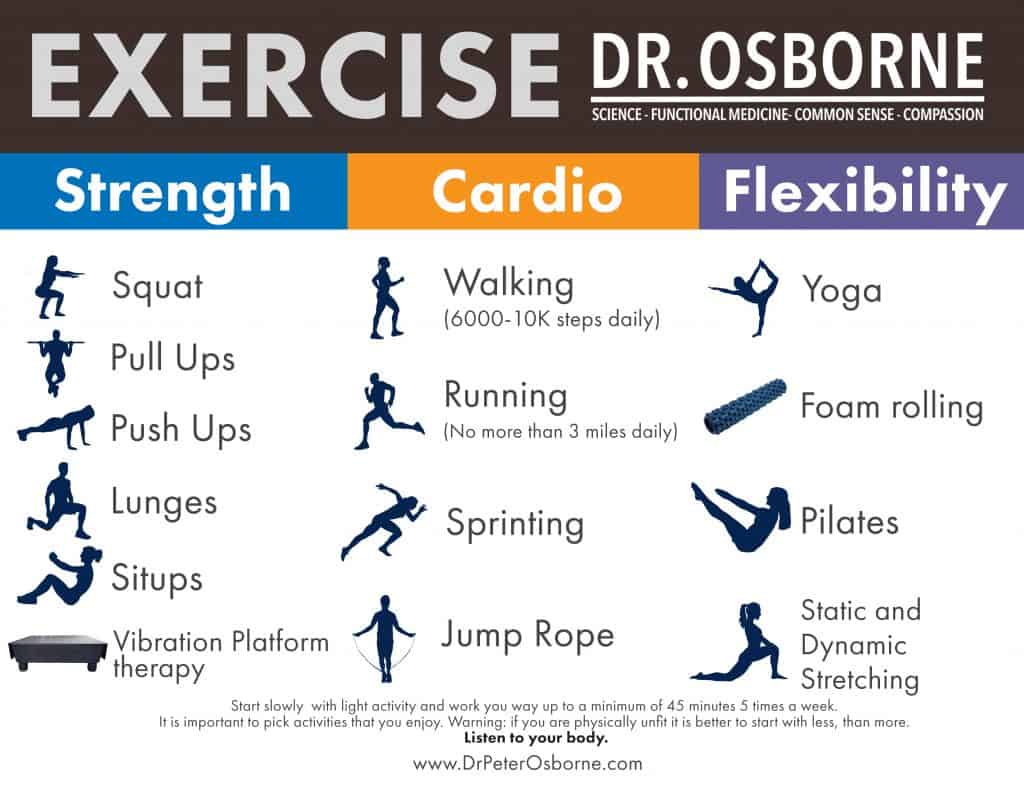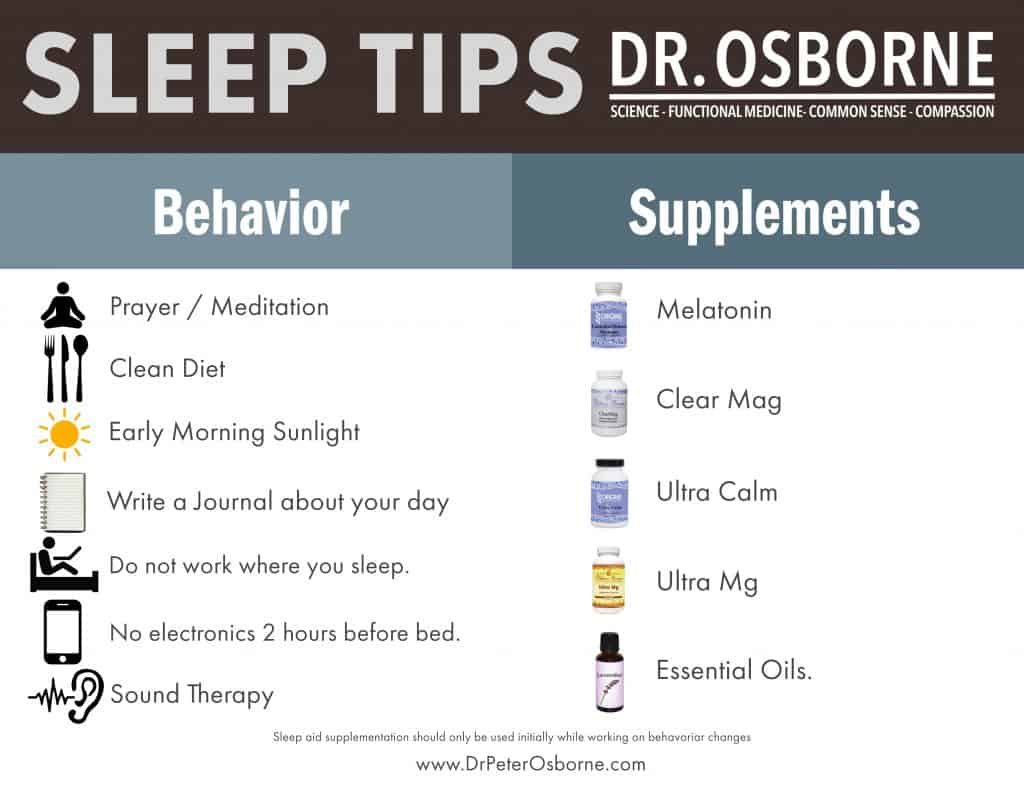new to the gluten free journey?
new to the gluten free journey?

 2017 is right around the corner, what are you plans for the New Year? Hopefully, they include a healthier, “abnormal” YOU!
Let’s not make the typical new year’s resolutions that most people will give up on by March of the new year. Let’s set some goals that are both realistic and achievable.
2017 is right around the corner, what are you plans for the New Year? Hopefully, they include a healthier, “abnormal” YOU!
Let’s not make the typical new year’s resolutions that most people will give up on by March of the new year. Let’s set some goals that are both realistic and achievable.


Stay up-to-date with the latest articles, tips, recipes and more.

*These statements have not been evaluated by the Food and Drug Administration. This product is not intended to diagnose, treat, cure or prevent any disease.
If you are pregnant, nursing, taking medication, or have a medical condition, consult your physician before using this product.
The entire contents of this website are based upon the opinions of Peter Osborne, unless otherwise noted. Individual articles are based upon the opinions of the respective author, who retains copyright as marked. The information on this website is not intended to replace a one-on-one relationship with a qualified health care professional and is not intended as medical advice. It is intended as a sharing of knowledge and information from the research and experience of Peter Osborne and his community. Peter Osborne encourages you to make your own health care decisions based upon your research and in partnership with a qualified health care professional.